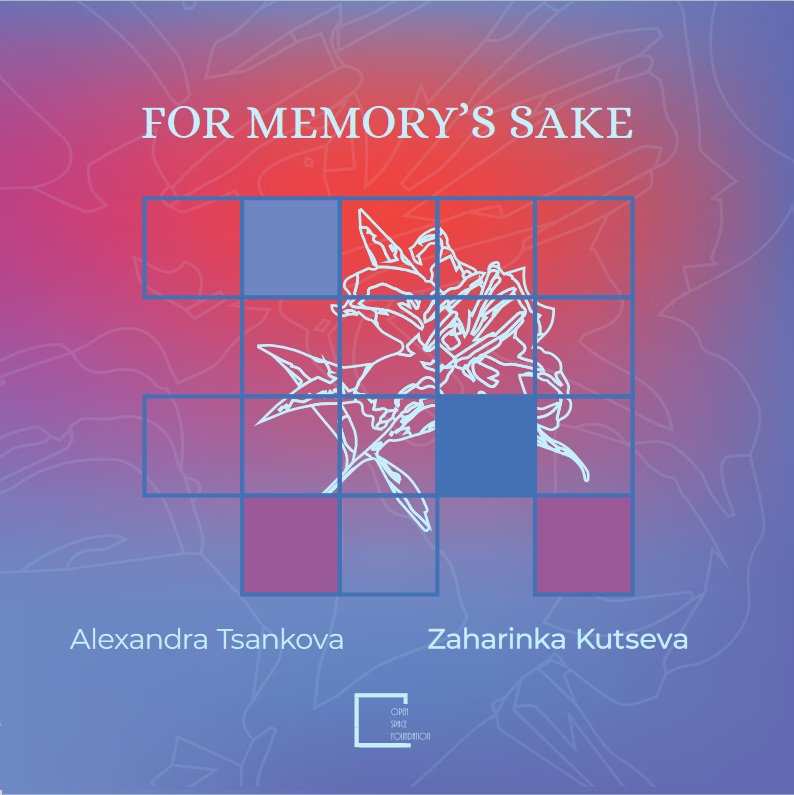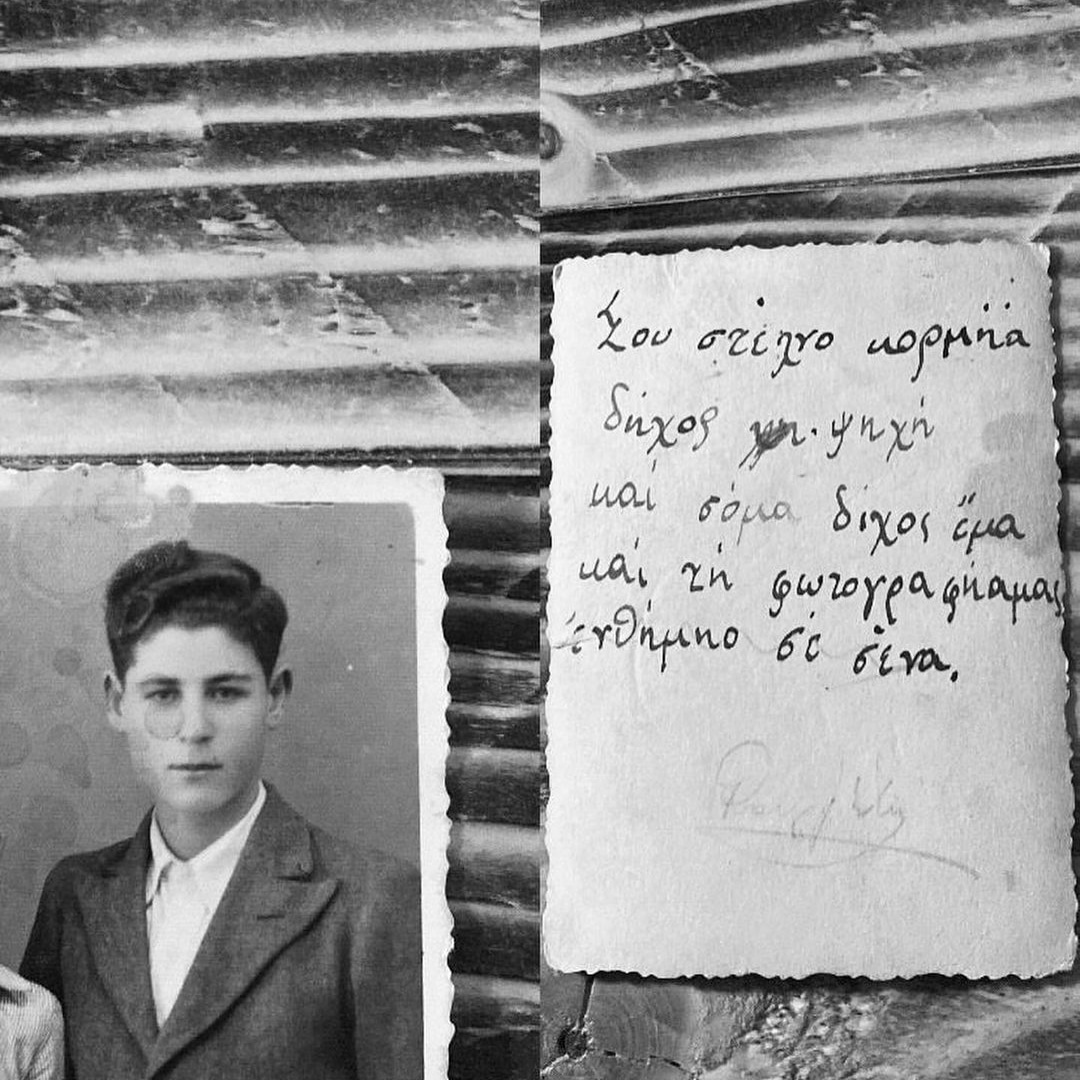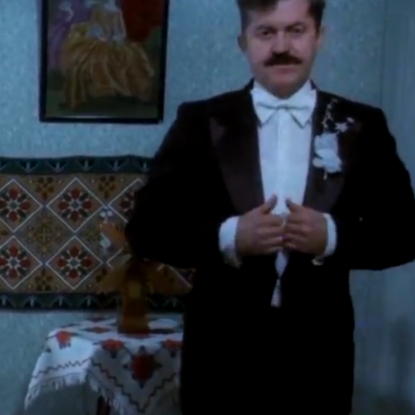Collections
ECHO III: For Memory's Sake
ECHO III For Memory's Sake aims to bring together artists from the Balkans working in the fields of theatre, music, visual arts and literature to explore tradition and culture through the themes of marriage, matchmaking and nuclear families in the Balkan context. ECHO III includes three main activities, the Ethnographic Research, The Art Residencies and the Wandering Arts Caravan. Learn more and explore the documented images, texts and videos.
The Ethnographic Research
The Ethnographic Research is conducted by researchers from 4 Balkan countries (Greece, Romania, Bulgaria, Albania) based on the theme of marriage in the Balkans to explore how gender issues affect the new generation.

Ethnographic Research in Bulgaria

Ethnographic Research in Greece

Ethnographic Research in Albania

Ethnographic Research in Romania
Art Residencies
The Art Residencies (ARs) are designed to immerse artists in the local cultural heritage of the places, immerse in vibrant cultural life and exchange, immerse into creativity and artistic evolution. Each AR hosted 3 national and 3 non-national artists.

Athens Art Residency (Theater)

Bucharest Art Residency (Audiovisual Arts)

Sofia Art Residency (Music)

Tirana Art Residency (Literature)
Wandering Arts Caravan
The Wandering Arts Caravan hosted performances of actors, musicians, digital artists and writers from the Balkans, creating a collective multicultural experience that creatively explored testimonies, tradition and history of love, family and duty around the concept of arranged marriages and nuclear families in the Balkans. With stops in Bucharest (Romania), Vidin, Sofia (Bulgaria), Ioannina (Greece), Berat and Lushnje (Albania), the Arts Caravan travelled along a large-scale inflatable installation open to the audience in an outdoor setting, hosting the performing arts events and a theatre exhibition.

